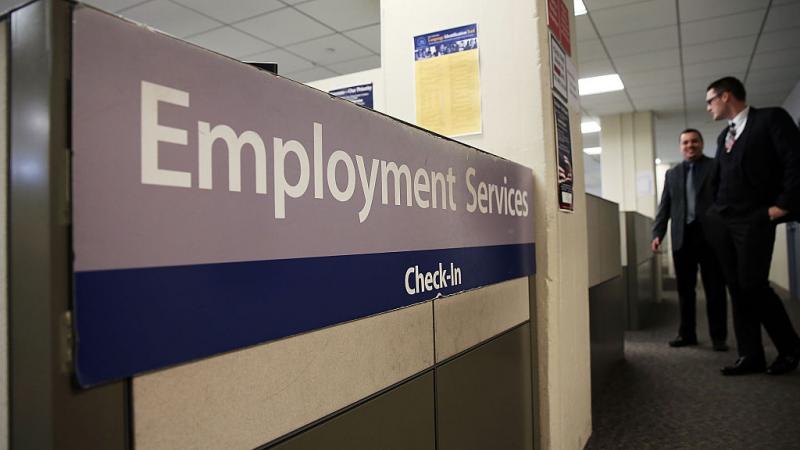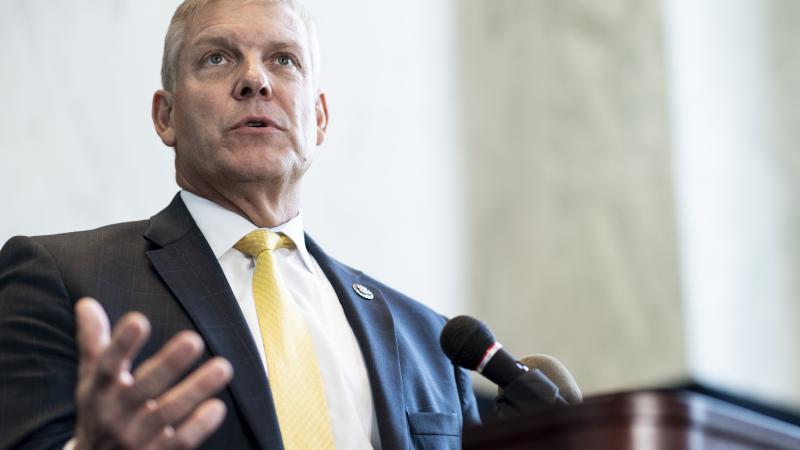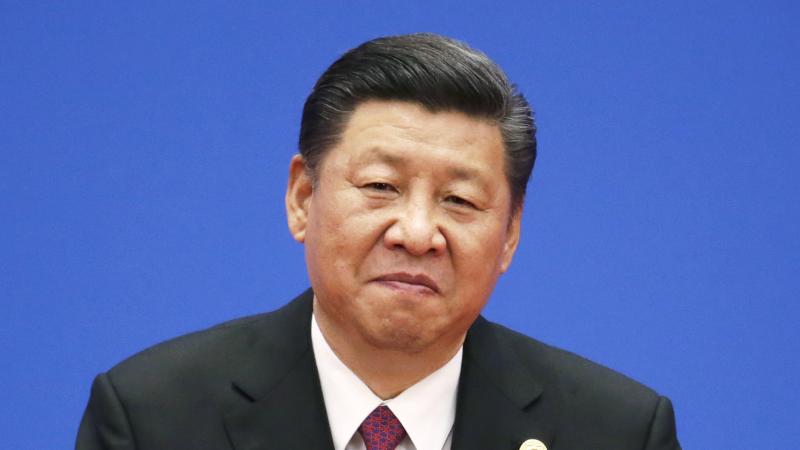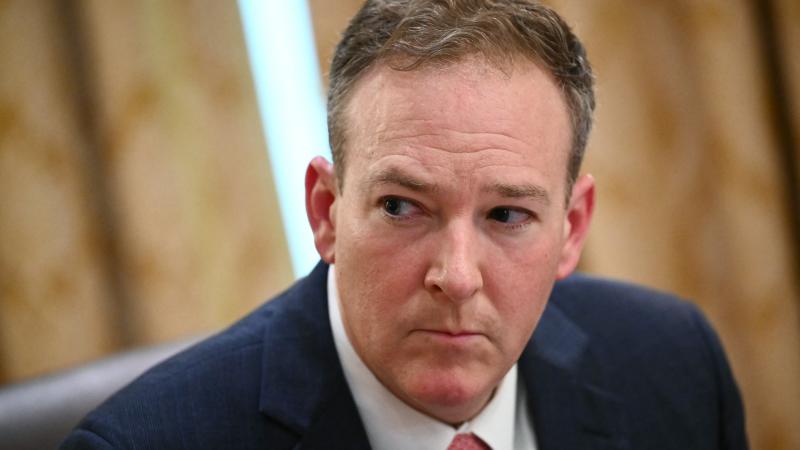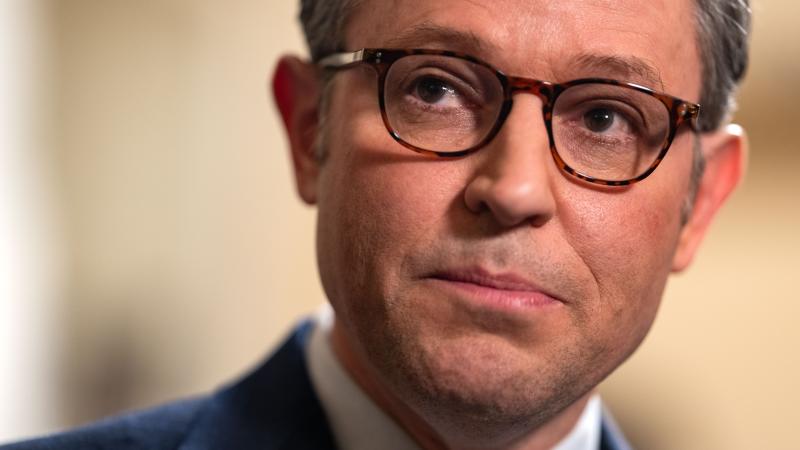Fed announces it will begin slowing economic aid as inflation continues to rise
Federal Reserve Chairman Jerome Powell has publicly acknowledged that inflation concerns have lasted longer than was initially anticipated
The Federal Reserve will begin reigning in the significant economic aid it has provided since the early 2020 onset of the coronavirus pandemic. The dial back is partly in response to inflation levels that appear likely to stick around longer than the Fed initially projected.
In a Wednesday statement following a policy meeting, the Fed said it will begin reducing its $120 billion in monthly bond purchases by $15 billion a month over the course of the coming weeks. The Fed said it will slow its $80 billion in Treasury purchases by $10 billion a month and its $40 billion in mortgage-backed securities by $5 billion a month for the next two months, adding that similar dial backs will "likely be appropriate" in the months following.
The bond purchases have been used to hold down long-term interest rates and encourage borrowing and spending, which a recovering economy no longer needs.
The Fed maintains its long-held position that current inflation rates are transitory, updating its language slightly from previous statements. Currently, the body says currently high inflation rates generally reflect "factors that are expected to be transitory." Previously, it had said that the rate was "elevated, largely reflecting transitory factors."
Fed Chairman Jerome Powell has recently acknowledged publicly that the elevated inflation rate has endured for longer than expected and may continue to rise. However, officials continue to maintain the position that some factors impacting inflation – shortages of materials and labor – will ease over time, thereby deflating the rate.
"Supply and demand imbalances related to the pandemic and the reopening of the economy have contributed to sizable price increases in some sectors," read the statement.


